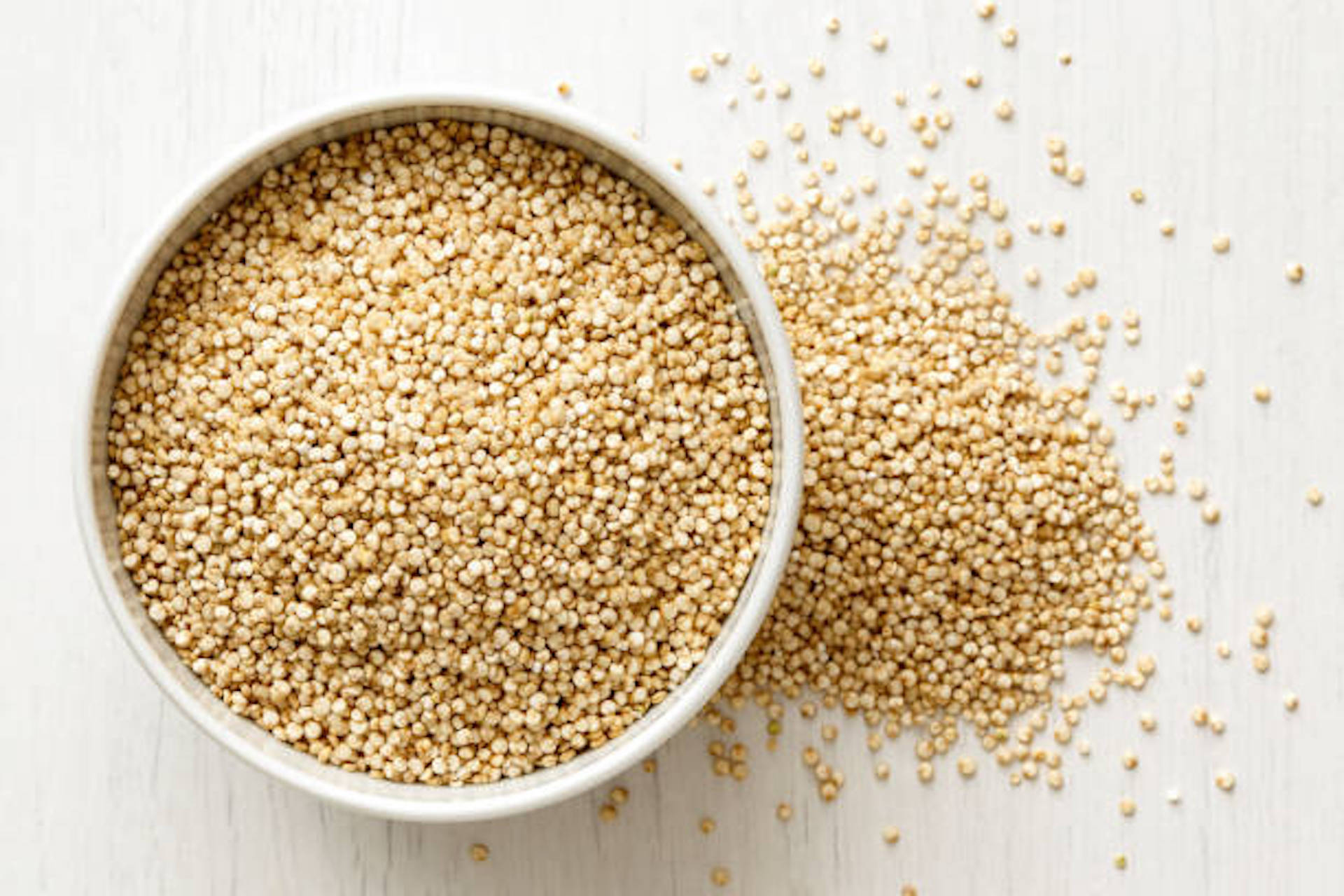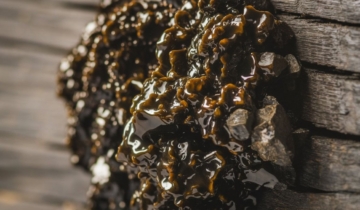When it comes to quinoa, there seems to be some confusion as to whether it’s an ancient grain or seed or if it’s a carb or protein, so we’re here to set the record straight and inform you about one of our favorite superfoods.
Packed with essential vitamins, minerals, antioxidants and plant compounds, quinoa is actually a seed but used to and referred to as a grain. Quinoa, which has been around for thousands of years, is also a complete protein which means that it has all 20 amino acids in addition to being high in gluten-free carbohydrates, a rare but winning combination.
Benefits of Quinoa
Boasting an extremely impressive nutritional profile, quinoa possesses an array of important health benefits.
Maintains Digestive Regularity – As an incredible source of fiber, quinoa can help digestive health by maintaining regularity and helping to protect against constipation, stomach ulcers and hemorrhoids in addition to others.
Supports Gut Health – Studies show that quinoa may act as prebiotics which nourish probiotics and thus help to improve gut health.
Improves Cardiovascular Health – High in healthy fats and the omega-3 fatty acid ALA, quinoa is also a good source of magnesium and potassium, all of which play an important role in supporting heart health.
Provides Strong Bones – Due to the levels of magnesium, manganese and phosphorus, quinoa helps to provide strong bones and helps to inhibit osteoporosis.
Gluten-Free Diet Friendly – Quinoa is the perfect choice for someone suffering from celiac disease. As a substitute for grains like rice or barley; quinoa can help increase the consumption of calcium, iron, protein and fiber; thereby providing the opportunity for a more balanced diet.
Helps with Weight Management – The amount of protein and fiber available in quinoa helps make you feel full longer, which can help with weight loss and management.
Diminishes the Risk of Diabetes – Fiber, which is highly present in quinoa, helps to balance blood sugar levels by decreasing the absorption of sugar into the blood. Quinoa is also high in manganese and magnesium, both of which are known to help with blood sugar levels and reduce the risk of diabetes.
Aids with Disease Prevention – Various types of antioxidants exist in quinoa which helps reduce inflammation and protects the body against many serious diseases.
While there are many types of quinoa available, most of us are used to using the white, red or black varieties. We personally love cooking quinoa in our rice cooker and like to add broth for added flavor, but it’s just as great made on the stove and with water. Being versatile, quinoa can be used in so many ways while increasing the nutritional value in any meal. Some of our favorite recipes include our Quinoa Mushroom Meatballs, Rice Paper Wraps and Mediterranean Quinoa Salad but it’s also great with a poke bowl or stir fry. Quinoa is also now available in pasta and flour form, making it easier to live a gluten free lifestyle and incorporate this superfood into more recipes than ever before. That being said, make sure not to eat too much quinoa or you can experience bloating or abdominal pains. It’s also important to ensure that your quinoa is sprouted, so you can benefit from all of the nutrients which you can find more about how to do here on the Soaking and Sprouting article.





 No products in the cart.
No products in the cart.